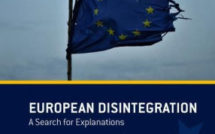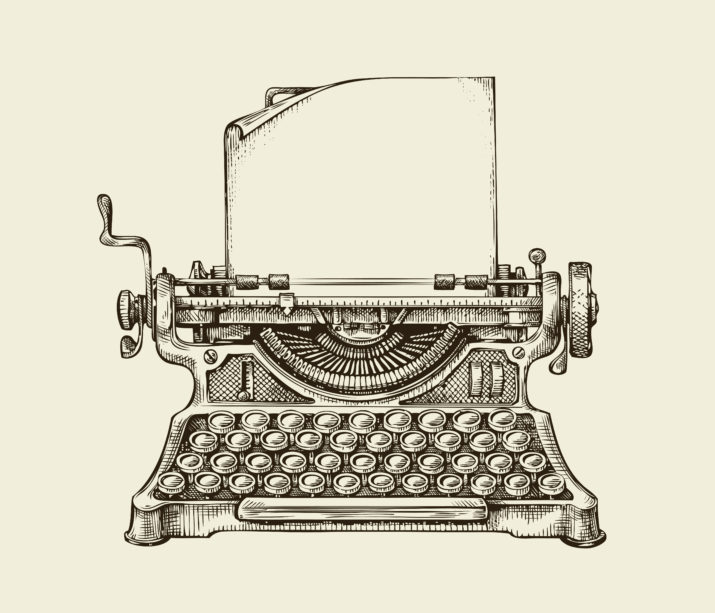
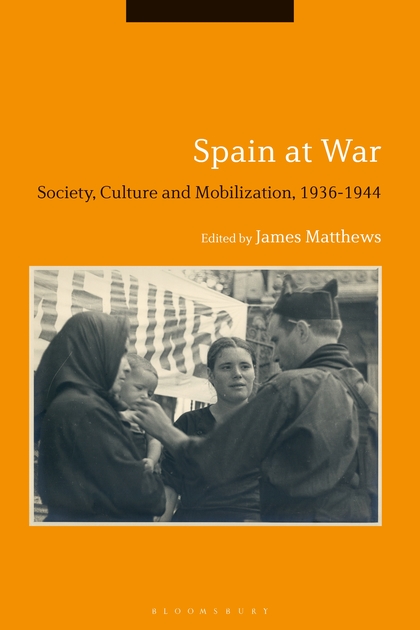
Spain at War: Society, Culture, and Mobilization, 1936-44
Edited by James Matthews
Publisher: Bloomsbury Academic
Recommended by Louie Dean Valencia-García
Spain at War: Society, Culture, and Mobilization, 1936-44, edited by James Matthews, is an admirable step forward in reconciling and breaking apart “the divisions between social and cultural historians and traditional military [historians].” The volume is not an introductory book to the Spanish Civil War, but is an excellent model of how scholars can simultaneously deal with questions related to the mechanics of the war and society. One particularly strong aspect of this book is the number of translated chapters included. Too often, English-language volumes do not include so many contributions that otherwise would not be available.
As Matthews points out, the history of politics and the military in twentieth-century Spain are inextricable. Matthew’s chapter “Foot Soldiers for the Two Spains: Conscript Experience during the Spanish Civil War’ is an excellent example of how to understand the ways ordinary Spaniards came to obligatory military service. Michael Seidman’s chapter, “Political Economies and Monetary Policies during the Spanish Civil War” demonstrates how economic challenges on the behalf of the Spanish Republic affected the conditions of war—in particular the evasion of taxes. Verónica Sierra Blas’s chapter “A Lost Generation? Children and the Spanish Civil War” brings brilliant elucidation to the ways in which the war impacted children—a particularly poignant chapter. Through the use of children’s drawings and personal accounts of the war the scholar brings vivid understandings of how children understood the conflict. Suzanne Dunai’s chapter “Home-Front Cooking: Eating and Daily Life in Republican Cities during the Spanish Civil War” brings light to ways Spaniards managed a very real food crisis—often eating sometime monotonous meals like Cocido de Guerra (wartime stew). Ian Winchester’s chapter “’Boys into Men’: Martial Masculinity and Sexual Behaviour in Franco’s Army, 1939-44” analyzes official military regulations in regard to gender and sexuality. Locating military tribunal cases of homosexuality in the military, the chapter demonstrating the gaps between those regulations and the actual sexual actions of those soldiers. Spain at War demonstrates a truly impressive archival grounding, and will interest anyone who has perhaps read the broad strokes about the Spanish Civil War, but is ready to explore cutting edge research at the intersections of military and socio-cultural history. For the scholar of Spain, it is essentially reading.
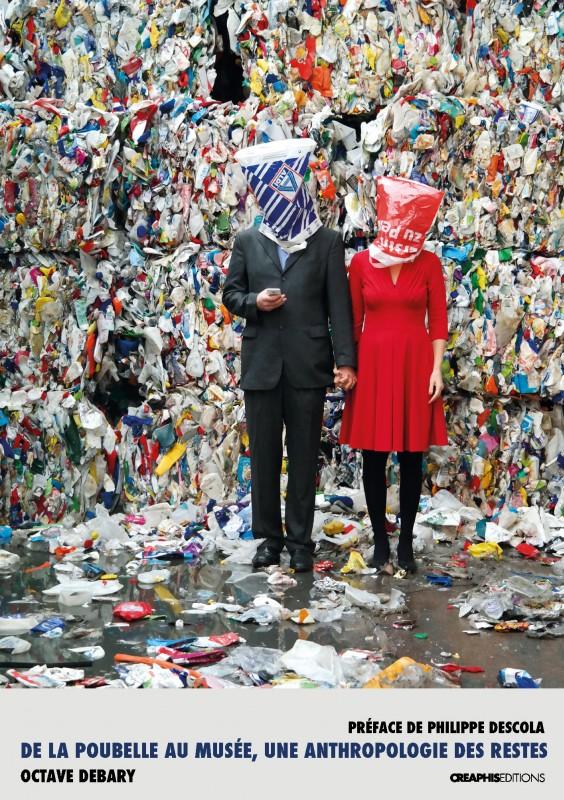
De la Poubelle au Musée, une Anthropologie des Restes
By Octave Debary
Publisher: Créaphis Editions
Recommended by Hélène B. Ducros
This is a small book with a big project. Aided by Philippe Descola’s illuminating preface, it seeks to reconceptualize society’s cultural residue by delving into the social power of transforming those objects that have lost their original utility. Through a review of different cases that challenge readers to reconsider objects, anthropologist Octave Debary organizes a journey from the trash bin (poubelle) to the museum (musée), uncovering his “anthropology of remains.” He seeks to theorize cultural objects left behind, big and small, and the forms their enduring existence adopts in the present—as history or as new objects with new meanings through reuse and recycling. Exploring the nature of the relationship between memory and things, he shows that castoff objects interrogate human presence, becoming both narratives and performances. Whether banal or monumental, real, remembered or imagined, objects constitute non-human social actors that not only trigger memory, but become memory themselves.
Holding that “without objects, nothing can be said”, Debary contends that the discarded object, i.e. waste, is necessary for society to account for time passed and to connect with history. In an economy of waste, landfills and museums represent equally important sites of memory. Through different instances of object circulation—among them an old factory site, second-hand markets, auction sales, or theaters—the book highlights that it is in objects that ecological consciousness and commercial logic co-exist and consumption and production meet. Juggling with absence, presence, and memory, the author defines the “trash-object” within a spatial ontology. Indeed, the remain-object has been removed from places of living. Like heritage, it no longer belongs to one, and can thus be reclaimed and reappropriated by the collective. In parallel to recycling, museums (where remains are enclosed and managed) test our relationship with the past. Recycling, akin to heritage preservation, arises as a mode of object transmission, while the historian stands as a ragpicker of memory. Both personal and universal, this book ultimately questions the line between waste and non-waste in material culture. It opens up numerous paths for future research in heritage studies and waste studies, contributing an original gaze into the concept of waste and the ways in which, even when discarded, altered, or transformed, objects are constitutive of memory.
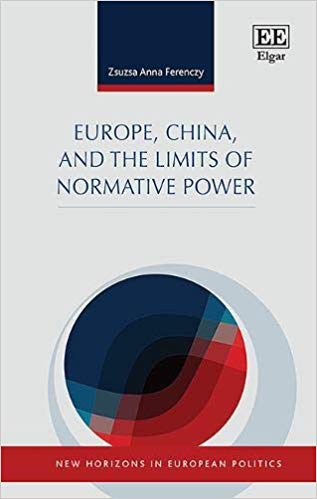
Europe, China, and the Limits of Normative Power
By Zsuzsa Anna Ferenczy
Publisher: Edward Elgar
Recommended by Daniela Irrera
The massive institutional, political and economic crisis that the EU faces has influenced its relations with major political partners, including China, which is affirming its global power. So far, the dominant argument in the literature has been that as EU’s fragility increases China can better build and expand. This book uses the “normative power” approach to investigate the relationship between Europe and China. It focuses on how relevant European ideas and norms still are on one hand, and on Chinese interests and global aspirations on the other.
Published on May 7, 2019.


